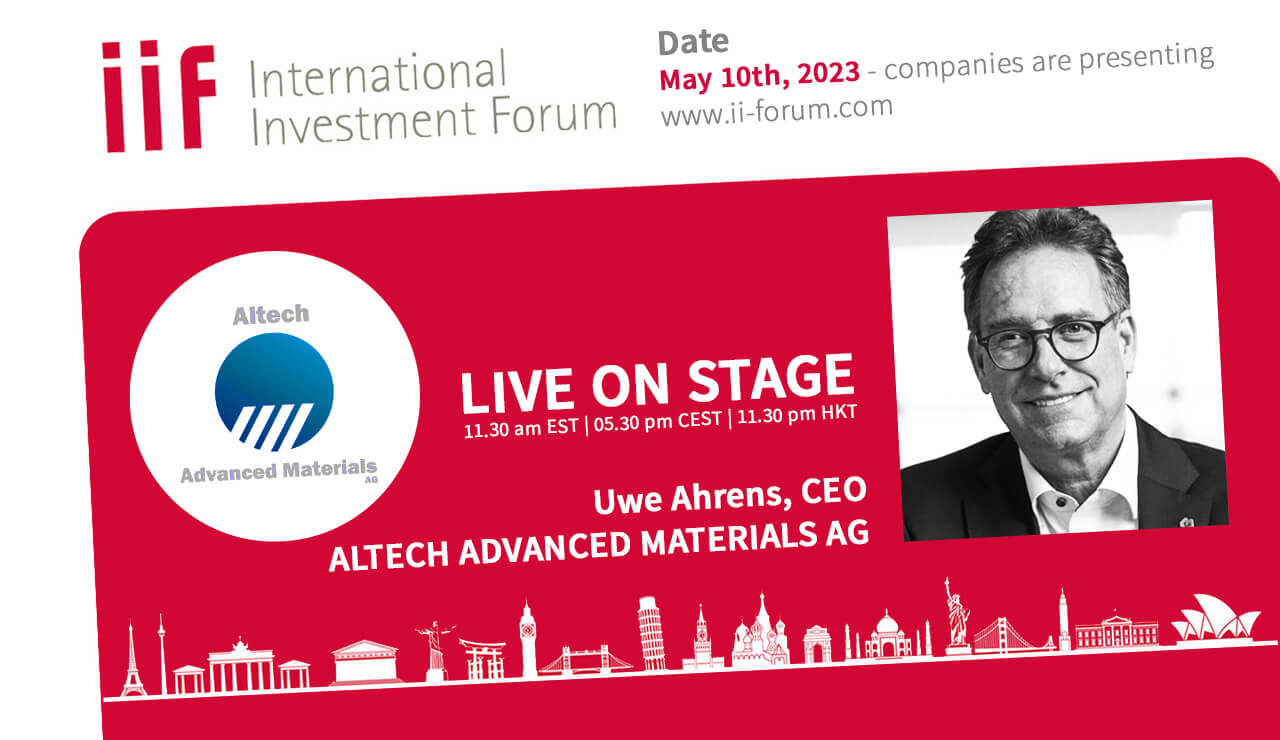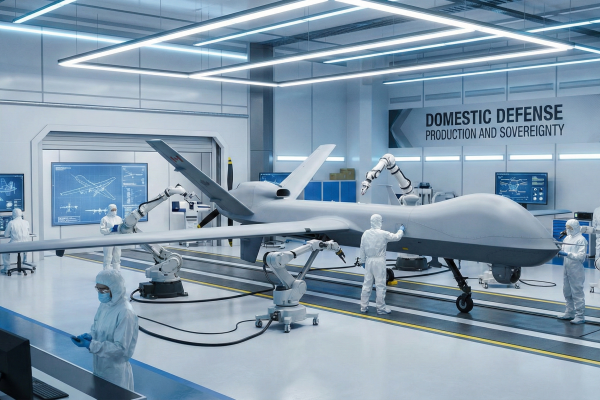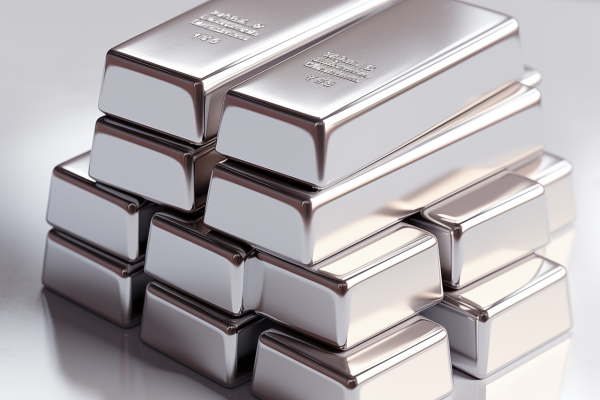April 27th, 2023 | 08:50 CEST
The batteries of the future: Varta, Altech Advanced Materials, Volkswagen
Affordable e-cars that offer all the comforts and safety - even though many car industry commercials already sound like this, the reality is quite different. E-cars are still expensive, and the charging process forces travellers to take a mandatory break that is more or less relaxing, depending on their schedule. But technology is advancing. Batteries will soon be able to do much more than they do today. We introduce three companies that want to drive innovation.
time to read: 3 minutes
|
Author:
Nico Popp
ISIN:
VARTA AG O.N. | DE000A0TGJ55 , ALTECH ADV.MAT. NA O.N. | DE000A31C3Y4 , VOLKSWAGEN AG VZO O.N. | DE0007664039
Table of contents:

"[...] Nickel, therefore, benefits twice: firstly from its growing importance within batteries and secondly from the generally growing demand for such storage. [...]" Terry Lynch, CEO, Power Nickel
Author
Nico Popp
At home in Southern Germany, the passionate stock exchange expert has been accompanying the capital markets for about twenty years. With a soft spot for smaller companies, he is constantly on the lookout for exciting investment stories.
Tag cloud
Shares cloud
Varta: Porsche deal has brought bad luck
When we think of batteries, the first brand that comes to mind is Varta. A perennial favourite at the supermarket checkout for many years, the Company has been convincing in recent years primarily with button cells and rechargeable batteries for consumer electronics. Last year, the company took the step towards electric cars. For Porsche, Varta wants to supply batteries that accelerate the sports car manufacturer's electric cars even faster than they already do. But the long-cultivated e-car fantasy surrounding the Varta share quickly fizzled out - the plans were too unspectacular - and then there was a profit warning. In the meantime, Varta is considered a crisis group and recently even cut 800 jobs. Nevertheless, investors celebrated the cost savings only briefly - most Varta shareholders would prefer a prospering company. The share is currently not a good choice.
Altech Advanced Materials: Recipe for success - common salt instead of lithium
The situation is different at Altech Advanced Materials. The industrial company has many years of experience producing high-purity aluminium oxide and uses this for state-of-the-art battery technology. In the process, the anode material is coated wafer-thin with the substance. It increases safety, performance and service life. The Company pays special attention to safe supply chains: "Battery materials are characterized by long and complex supply chains and are not always obtained in an environmentally friendly or responsible manner. In addition, they are difficult to find on the market and susceptible to supply chain disruptions," Director Uwe Ahrens said in an interview just over a year ago.
In addition to its commitment to batteries for electric cars, Altech Advanced Materials is also pushing ahead with the stationary battery business and cooperating with the Fraunhofer Institute. The CERENERGY® technology offers capacities in the megawatt range, is considered non-flammable and relies on common salt and other readily available materials instead of cobalt, lithium and copper. Altech Advanced Materials has already identified a lucrative market for itself: "Every solar park and wind farm has an interest in storing its energy because, in most cases, this positively affects the margin. Energy suppliers and industrial park operators are also among the potential customers, as there is great interest here in self-sufficiency and grid stability," says Ahrens. The share, listed at EUR 1.80 just a year ago, is now well into double figures. Everything indicates that Altech, which is currently building a pilot plant in Saxony, is on the road to success.
Volkswagen: Pumps billions into research
Volkswagen is also undoubtedly successful: among German manufacturers, the Company responsible for the diesel scandal only years ago is considered an e-car pioneer. Even in China, Volkswagen is outstripping the competition from Mercedes-Benz and BMW - but that is also due to the brand's long tradition in China. In order to be able to compete with Asian rivals in the long term, Volkswagen must also score points with new technology. Software and batteries are now what tight chassis and high-performance engines were years ago. Volkswagen has recognized this and continues to invest heavily in research. Last year alone, the Company invested a whopping EUR 18.9 billion. Even in the years before, the Wolfsburg-based company was one of the pioneers of the future, second only to Alphabet and Amazon. At a time when the automotive industry is changing, such investments are also a positive signal for shareholders.
It is impossible to predict today which battery technology will ultimately be successful in the future. Due to high research expenditures, manufacturers like Volkswagen will likely hold patents in many promising areas. In addition, there is the option to take over upstarts like Altech Advanced Materials at any time or to entice them with long-term contracts. The decisive factor, however, is whether new battery technology also strikes a chord with potential customers. While the unique selling proposition of "high acceleration" did not particularly convince Varta shareholders, independence from critical raw materials as well as safety, i.e. the arguments used by Altech Advanced Materials, are more convincing.

Conflict of interest
Pursuant to §85 of the German Securities Trading Act (WpHG), we point out that Apaton Finance GmbH as well as partners, authors or employees of Apaton Finance GmbH (hereinafter referred to as "Relevant Persons") may hold shares or other financial instruments of the aforementioned companies in the future or may bet on rising or falling prices and thus a conflict of interest may arise in the future. The Relevant Persons reserve the right to buy or sell shares or other financial instruments of the Company at any time (hereinafter each a "Transaction"). Transactions may, under certain circumstances, influence the respective price of the shares or other financial instruments of the Company.
In addition, Apaton Finance GmbH is active in the context of the preparation and publication of the reporting in paid contractual relationships.
For this reason, there is a concrete conflict of interest.
The above information on existing conflicts of interest applies to all types and forms of publication used by Apaton Finance GmbH for publications on companies.
Risk notice
Apaton Finance GmbH offers editors, agencies and companies the opportunity to publish commentaries, interviews, summaries, news and the like on news.financial. These contents are exclusively for the information of the readers and do not represent any call to action or recommendations, neither explicitly nor implicitly they are to be understood as an assurance of possible price developments. The contents do not replace individual expert investment advice and do not constitute an offer to sell the discussed share(s) or other financial instruments, nor an invitation to buy or sell such.
The content is expressly not a financial analysis, but a journalistic or advertising text. Readers or users who make investment decisions or carry out transactions on the basis of the information provided here do so entirely at their own risk. No contractual relationship is established between Apaton Finance GmbH and its readers or the users of its offers, as our information only refers to the company and not to the investment decision of the reader or user.
The acquisition of financial instruments involves high risks, which can lead to the total loss of the invested capital. The information published by Apaton Finance GmbH and its authors is based on careful research. Nevertheless, no liability is assumed for financial losses or a content-related guarantee for the topicality, correctness, appropriateness and completeness of the content provided here. Please also note our Terms of use.




